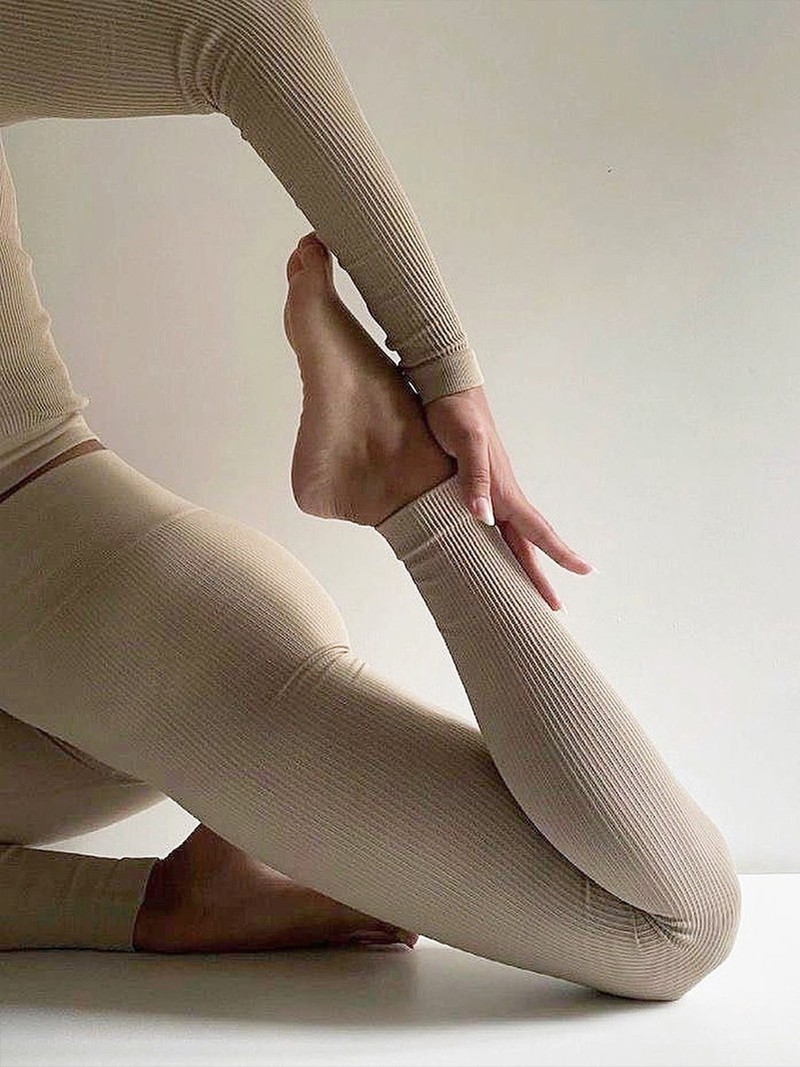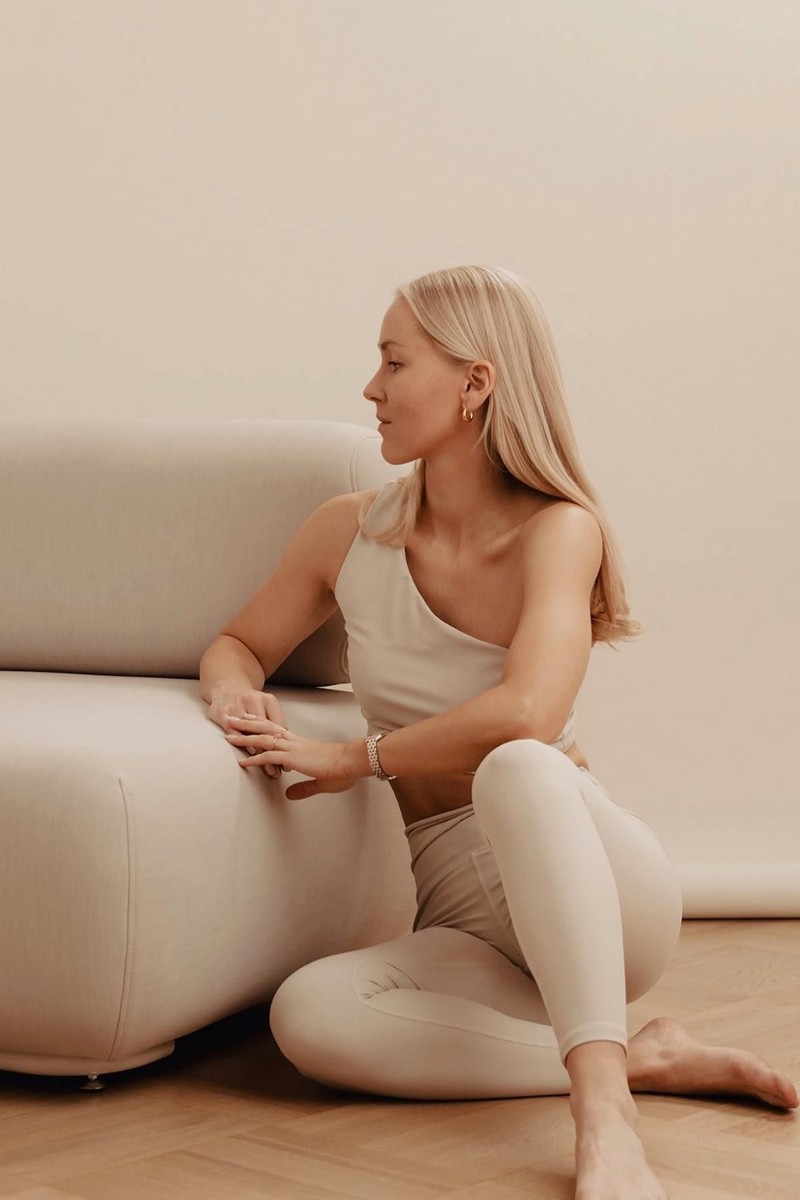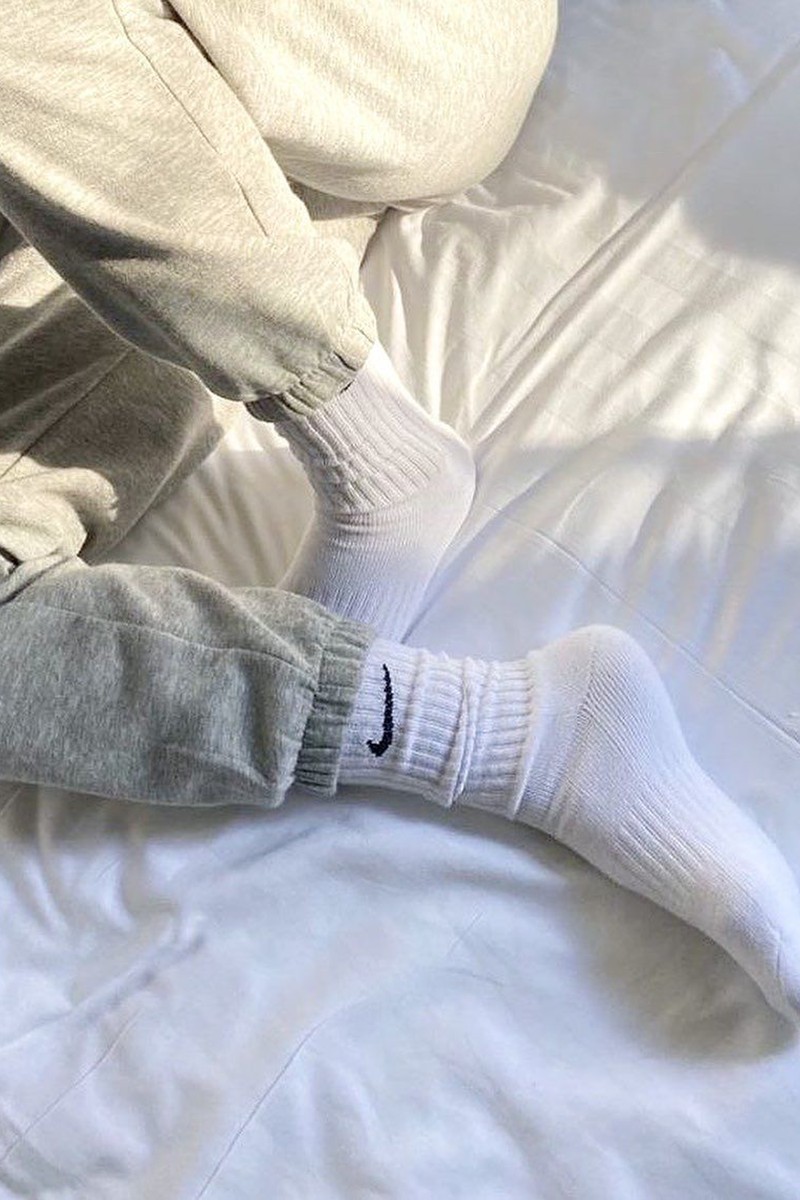A Wellness Expert Shares Her Sleep Routine
Sleep quality matters more than quantity. If you frequently feel sleepy, exhausted and unable to function, then chances are you aren’t sleeping well. I need at least eight hours of sleep every night to feel well rested. My body is quick to give me signs of a lack of quality sleep – it usually starts with the early signs of a cold, stomach discomfort and feeling irritated or low for no reason. Living in the Nordics, we have a lot of sun during the summer months, but winter can be very cold and dark. In December, the sunlight shines in the capital for only six hours, and it’s even more extreme in the north of the country. In the winter months, I usually need an hour or two of additional sleep to feel rested.
It’s not only children that benefit from a sleep routine. My wind-down routine starts with an early dinner, ideally around 5pm or 6pm. An earlier dinner gives the body time to digest before sleep and means the body can focus on resetting and recovering while you sleep, as opposed to digesting your food. The longer I leave between dinner and bedtime, the higher the scores on my Oura ring the following morning. I can see my sleep is more restful and I always feel better for it the following morning. I often have a light snack later in the evening – usually a bowl of Greek yoghurt with berries and banana or a chocolate and walnut DIG bar – as going to bed hungry can impact sleep, too.
A consistent sleep schedule maintains your internal clock. Going to bed and waking at the same time every day – even on the weekend – will harmonise your body’s natural rhythms to maximise energy, focus and overall wellbeing. The most important thing is to find a routine that works for you – we are all different. Start to tune into when you naturally start to feel tired in the evening and go from there. Your bedtime routine should resonate with you – if it doesn’t, it’ll only feel like a chore.
Yin yoga helps me unwind. Having lived with chronic insomnia for over a year, I take my pre-sleep rituals seriously and yin – aka restorative – yoga has been a game-changer. Just ten minutes of a few simple stretches helps me relax. I focus on poses that activate the vagus nerve, the main nerve of your parasympathetic system that connects the gut and brain. It communicates information from the gut to the brain using neurotransmitters (such as serotonin) and gut hormones, which play a vital role in sleep, mood, pain and stress. Simply resting with your legs up against the wall for ten minutes makes a difference. Doing this calms the nervous system and stimulates the body’s relaxation response, allowing the mind to slow down.
When I can’t sleep, I go back to basics. Having lived with insomnia, I understand the toll it can take on the body, but one thing that helped me was to understand that everything – including poor sleep – is a temporary phase. I know it’s easier said than done, but try not to stress if you have a bad night’s sleep. Go back to basics: move your body, preferably in gentle ways; give your body the right kind of energy and eat well; cut out alcohol, caffeine and sugar; and be sure to check in with yourself mentally. Is there something bothering you? Find someone to talk to, start journalling or meditating to get things out of your head.
If I’m feeling burnt out, I cut back on coffee. When we are at our most stressed, it can be especially hard to implement habits that help us unwind, but it’s also the time when we need them the most. Coffee is one of the first things I cut back on if I’m feeling exhausted. Instead, I’ll have a cup of matcha, which contains an amino acid called L-theanine. It’s said to reduce anxiety and improve quality sleep, and gives you a steadier boost of energy without the jitters of coffee. Acupuncture has also been a life-changing treatment when life gets hectic. It instantly calms my nervous system and over time will rewrite your stress response. To maintain the results in between treatments, I lie on my acupressure mat most evenings. Like acupuncture, acupressure stimulates sensitive points along your back called meridians, which studies show can induce relaxation.
Who you spend time with will affect your mental wellbeing. If your body is flooded with negative emotions, this set your nervous system into overdrive, which then affects sleep – it’s a vicious cycle. As well as finding stress management tools that work for you, take the time to connect and interact daily with colleagues, friends and family whose company you enjoy. When we have positive interactions with others, our brains release neurotransmitters like serotonin and dopamine. These feel-good hormones are associated with pleasure, bonding and improved mood. I believe that when we have the basics right, this creates a positive loop and helps with sleep quality. Reflect over which area in your life needs focus and start there.
Tracking your sleep isn’t always necessary. I started using an Oura ring a year ago, and it’s made a huge difference in understanding my sleep, sleep patterns and what habits affect my sleep. One of the most fascinating insights has been tracking my HRV. A high HRV is associated with better stress resilience, while a low HRV indicates stress, anxiety, illness and a body that isn’t properly recovered. It’s crucial we learn how to listen to our bodies without relying on data, but wearing the Oura has helped me detect signs of stress and illness before they manifest into anything bigger. Be mindful of what works for you.
Staying on top of stress during the day makes a difference. The rituals you carve out during the day are just as impactful as what you do in the evening to unwind. So many of us live in a state of fight or flight, which is essentially a chronic stress mode. If you rush through the day without taking time for yourself, falling asleep is bound to be challenging. Implementing micro-breaks throughout the day – whether it’s getting outside for 15 minutes at lunchtime, doing a short meditation or doing a few minutes of breathwork – makes all the difference.
Exercise and sleep are closely linked. Movement is medicine, and moving enough, as well as getting plenty of fresh air and sunlight, is central to deep sleep. To get the most out of your exercise, find what you enjoy. The gym isn’t for everyone, so find a routine that makes you excited to move your body and try to exercise in the morning or afternoon. Exercising within two to three hours of going to bed can interfere with sleep and keep the body in overdrive.
Magnesium is the one sleep supplement I recommend. I take Evening Magnesium by Pureness – it’s my non-negotiable every evening. Studies show magnesium has a calming effect on the body and mind and can reduce stress. A cup of chamomile tea also soothes the digestive system and mind ahead of sleep.
For more from Jenny or to sign up to her Mindful Living programme, visit TheWell-Community.com and follow @The_WellCommunity
SHOP JENNY'S FAVOURITES
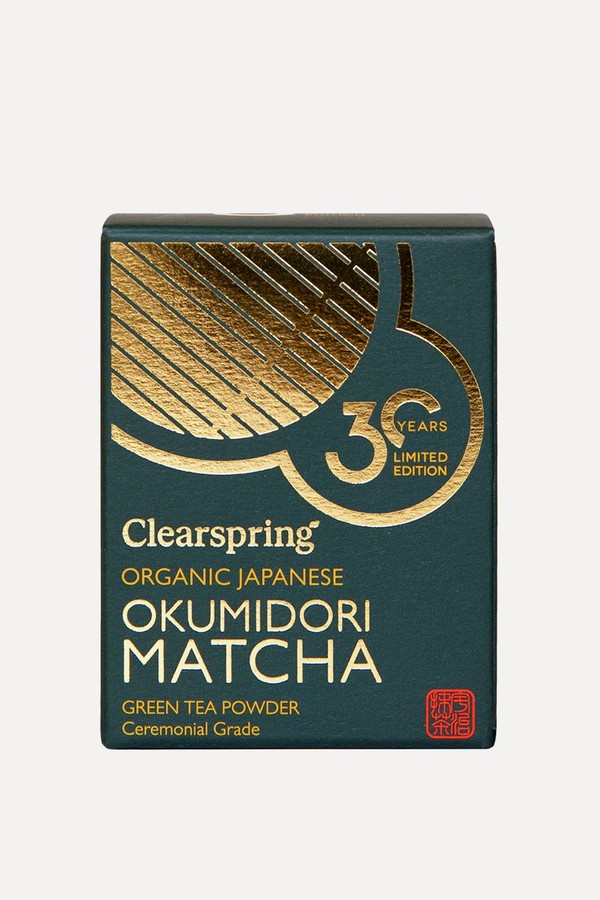




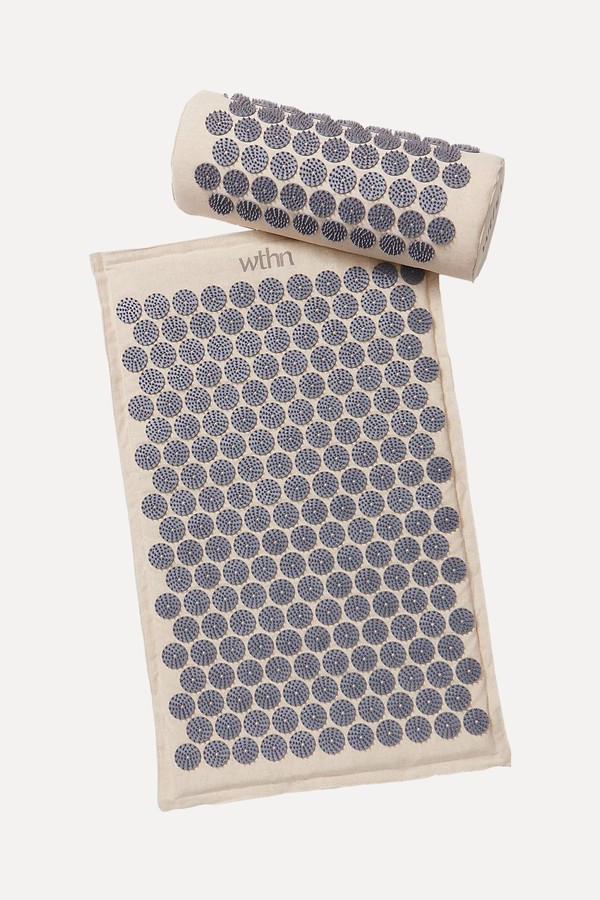
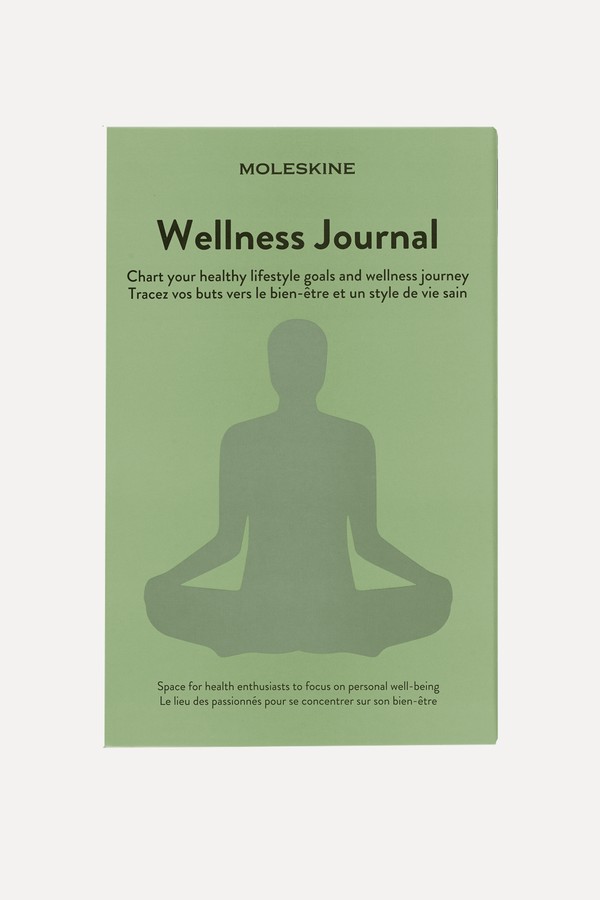
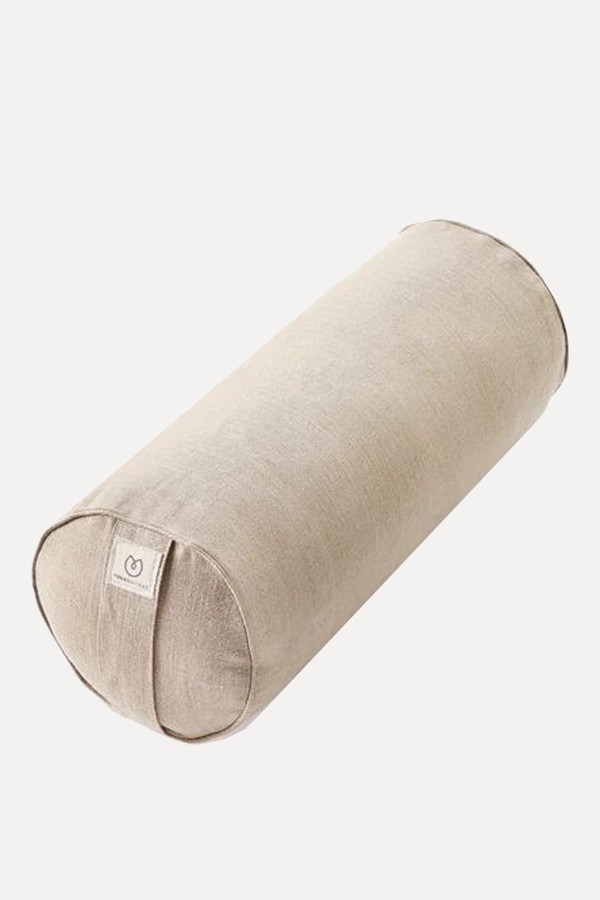
DISCLAIMER: Features published by SheerLuxe are not intended to treat, diagnose, cure or prevent any disease. Always seek the advice of your GP or another qualified healthcare provider for any questions you have regarding a medical condition, and before undertaking any diet, exercise or other health-related programme.
DISCLAIMER: We endeavour to always credit the correct original source of every image we use. If you think a credit may be incorrect, please contact us at info@sheerluxe.com.
